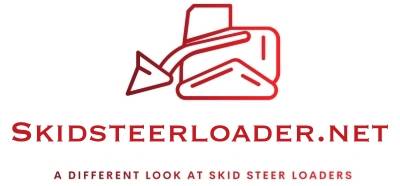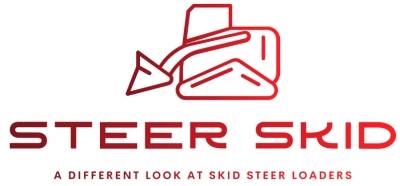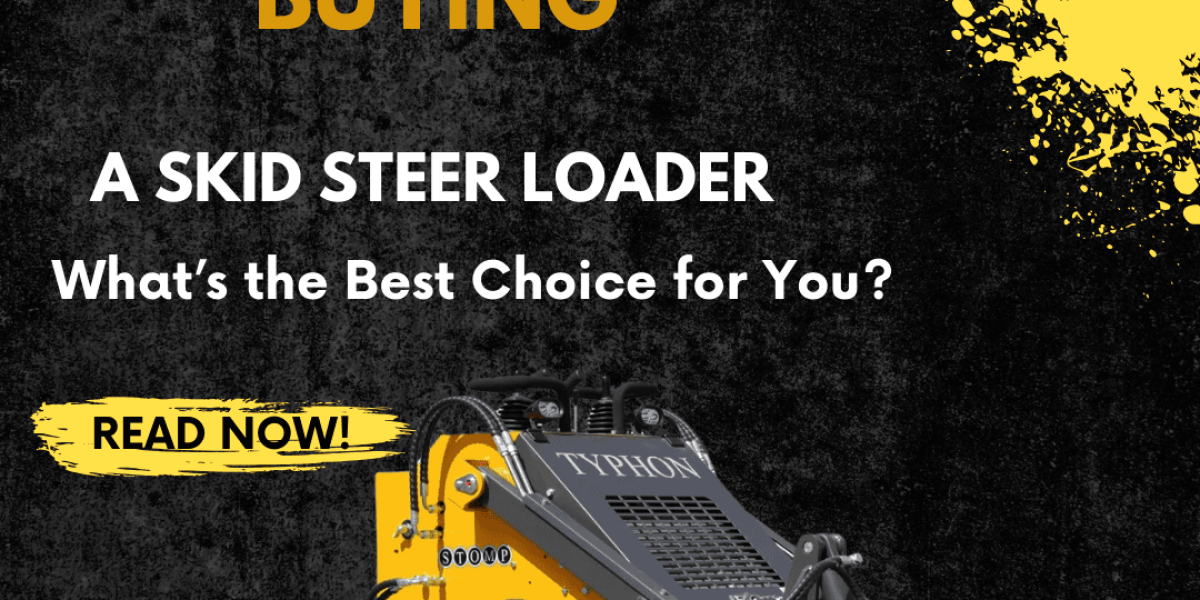From building and landscaping to farming and snow removal, skid steer loaders are remarkably flexible devices used for everything. When it comes to acquiring one, though, you have a major dilemma: Renting vs. Buying a Skid Steer Loader . Many struggle with this choice. We will discuss the advantages and drawbacks of renting versus owning a skid steer loader in this blog so you may decide which best fits your budget and requirements.
What is a skid steer loader?
Before we explore the rent-against-buy argument, let us first quickly define a skid steer loader. A skid steer loader is a small-turn radius, sturdy tool ideal for restricted areas. Its great range of attachments—from buckets and forks to augers and trenchers—allows its amazing adaptability. Along with other tasks, a skid steer loader might undertake clearing, lifting, and digging.
Skid Steer Loader Renting: Pros & Cons
Many people, and for good reason, choose to rent a skid steer loader. Let’s weigh the benefits and drawbacks.
If you only require a skid steer loader for sporadic use or a brief amount of time, renting one is a reasonably affordable choice. It helps you to avoid the large initial expense of acquiring a machine, which could be a major financial load. Renting also saves you time and money by having the rental company handle repairs and upkeep.
Many times, rental organizations have the newest models with cutting-edge technologies, so you may use premium tools without making a long-term commitment. Renting also gives versatility; you can select the correct equipment and attachments for any project without being bound to one type. One further advantage is not having to bother about storage. Skid steer loaders occupy a room; when you rent, you can just return the machine once your project is over.
Renting has its drawbacks, though. Should you require a skid steer loader on a regular basis, the expenses over time can mount up and make it more costly than purchases over time. Another problem could be availability, particularly in busy times when the machine you require could already be leased out. Finally, rental machines are as-is; you cannot adapt them to your particular requirements.
Buying a Skid Steer Loader: Pros and Cons
Although purchasing a skid steer loader is a major decision, some individuals might find it to be the appropriate one. Consider this.
The long-term savings from a skid steer loader are among its main benefits. Regular use of the machine may make buying it more affordable than leasing over time. Additionally, being free to personalize the machine with the attachments and tools required for your particular projects is owning a skid steer loader, which makes it always available; you have no need to worry about rental availability or deadlines. Skid steer loaders also have excellent value; thus, if you choose to sell them later, you can somewhat recover your investment.
Conversely, purchasing a skid steer loader has a large upfront cost that might not be doable for everyone. Your responsibilities as the owner include storage, repairs, and maintenance, which can pile on your expenses and work. Although skid steer loaders have value, they do fade with time; hence, bear this in mind should you intend to sell them later.
Renting vs. Buying: Which is Right for You?
After we’ve discussed the advantages and drawbacks, how would you choose whether to buy or rent? Here are a few things to give thought to.
Consider first your frequency of using the skid steer loader. Renting is perhaps the better choice if you require it just infrequently or for a temporary project. Buying would make more sense, though, if you use it often or for long-term tasks. Still, another crucial consideration is your budget. Although renting is more reasonably priced initially, buying and planning to use the machine frequently could save you money over time if you have the means to buy.
Also, take into account the range of your projects. Renting allows you the flexibility to select the correct tool for every project if your business calls for various attachments or machine sizes. Conversely, if your needs are consistent, purchasing lets you modify your computer to meet those criteria.
Key issues also are storage and upkeep. Do you have room to keep a skid steer loader? Are you ready to handle repairs and maintenance? This should not be the case; renting could be the wiser option. At last, consider your needs going forward. Purchasing might be wise if you find yourself routinely needing a skid steer loader.
Tips for Renting a Skid Steer Loader
Here are some pointers to guarantee a flawless renting experience should you decide to do so. Start by selecting a respectable rental business with first-rate customer service, well-kept equipment, and reviews. Check the skid steer loader for any damage or problems before renting to help save unanticipated expenses. Make sure you grasp the rental agreement’s terms, especially those on insurance requirements, rental length, and costs. Make sure the rental covers the attachments your project requires last minute.
Tips for Buying a Skid Steer Loader
Remember these ideas if you find yourself inclined toward purchase. Create a budget and then keep to it. Investigate several models to identify one fit for your budget and requirements. A secondhand skid steer loader will save you money and yet give you a dependable machine. Budgeting calls for you to consider extra expenses, including maintenance, storage, and attachments.
Conclusion
Your particular needs, budget, and frequency of machine use will all determine whether you should rent or buy a skid steer loader. For temporary projects or sporadic use, renting provides flexibility and fewer initial expenses. Purchasing, on the other hand, offers long-term savings and customizing choices, so it is perfect for regular use and long-term projects.
You can decide on the best course of action for your project by balancing the advantages and drawbacks and thinking through your particular circumstances.




